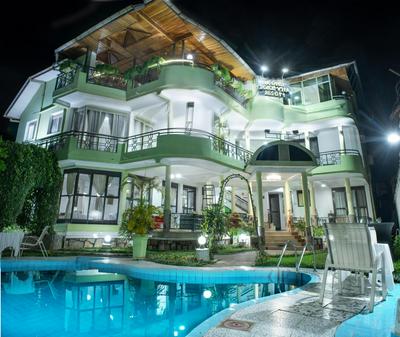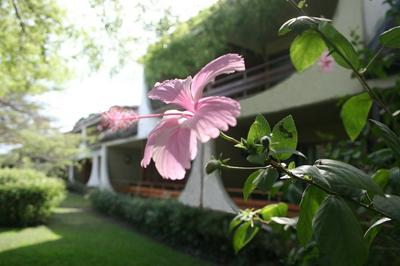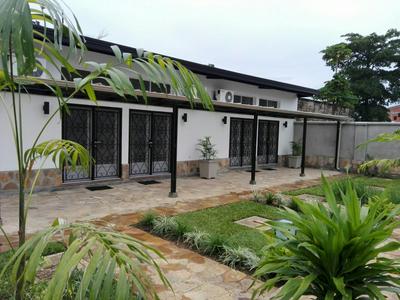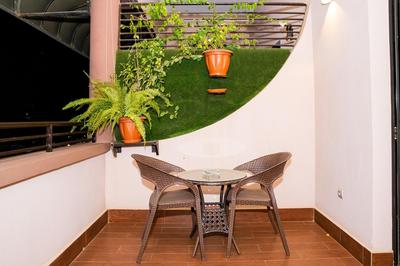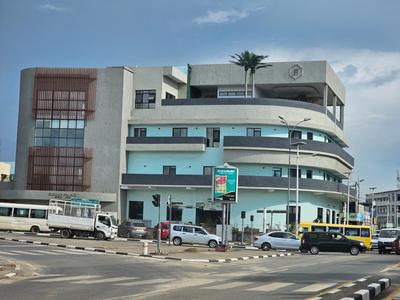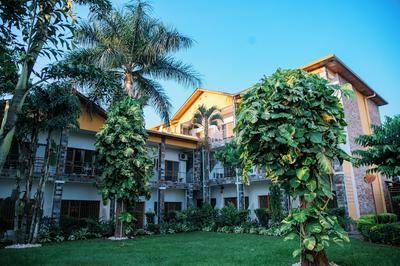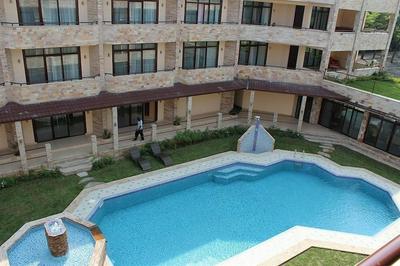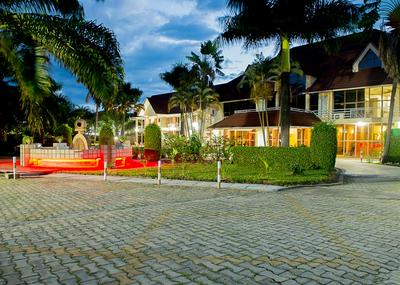When to visit Burundi during the year?
The climate in Burundi is tropical, with a dry season from May to August and a wet season from September to April. Summer months (December to March) attract the most tourists, as wildlife spotting is easier, particularly in national parks like Kibira. In contrast, the rainy season revitalizes the lush landscapes, ideal for nature lovers. Tourists often visit during holiday periods, particularly August, when the festivities in Gitega and Bujumbura are vibrant, showcasing local culture and music.
How to get to Burundi?
Reaching Burundi can be an adventure in itself, with several transportation modes available. The most common way is by air, while bus and car options also exist for those within the region. Here’s a closer look at each method:
- Burundi's main airport is Bujumbura International Airport (BJM), with major routes from Africa (Johannesburg, Nairobi), Europe (Paris), and North America (Newark).
- Low-cost airlines like Air Burundi operate regional flights.
- Flight times can vary: a direct flight from Nairobi takes about 2 hours.
- Main bus stations are in Bujumbura, connecting to cities across East Africa.
- Popular routes include connections to Kigali (Rwanda) and Kampala (Uganda).
- There is limited international rail service, mainly connecting to Bujumbura from nearby cities, with expectations on improvements over time.
- The duration typically varies between 12-15 hours from neighboring country terminals.
- Highways include the Bujumbura to Kigali road, about 180 km, taking roughly 4 hours.
- Road conditions can vary, with some areas requiring attention due to maintenance issues; ensure to check local updates.
Tourist activities in Burundi
Burundi offers a diverse array of tourist activities, catering to nature lovers, history buffs, and adventure seekers. In Bujumbura, you can explore the stunning Lake Tanganyika, perfect for swimming, fishing, and relaxing beaches. Nearby, the Rusizi National Park beckons with its rich wildlife, including hippos and various bird species. For historical enthusiasts, Gitega, the cultural capital, is home to the National Museum, showcasing Burundi's rich heritage. Hiking trails in the Kibira National Park present opportunities to discover endemic flora and fauna while enjoying breathtaking views. Additionally, local markets in towns like Ngozi and Muramvya are perfect to experience vibrant Burundian culture, with opportunities to taste traditional dishes and purchase handmade crafts. Sports lovers might enjoy participating in local football matches or even joining the Burundian cyclists in their regular excursions.
Accommodation in Burundi
Burundi offers a range of accommodation options, primarily in Bujumbura. You can find hotels, guesthouses, and lodges catering to different budgets. Luxury hotels like the Hotel Club du Lac Tanganyika provide stunning lake views and plush facilities, whereas budget-friendly guesthouses in the city center offer comfort at modest prices, ranging from $15 to $100 per night. Seasonal variations can affect availability and prices, especially during peak tourist months in July and August. For a more local experience, consider staying in community-run lodges where you can engage with local customs and traditions.
Food in Burundi
Burundian cuisine is a flavorful blend of local ingredients, heavily featuring vegetables, beans, and meat. One must-try dish is 'Ubushingurabushyi' (beans and corn), often complemented by grilled tilapia from Lake Tanganyika. Traditional drinks include 'Ikivuguto,' a fermented milk beverage, and locally brewed beers. Local eateries, known as 'Buibui,' serve authentic dishes at average prices ranging from $2 to $5 per meal, allowing visitors to taste local flavors without breaking the bank. Street vendors can also be a fantastic choice for trying snacks and discovering casual dining experiences.
Important numbers and information
- Emergency Services: Police (117), Ambulance (20), Fire Brigade (18)
- Embassy Contacts: U.S. Embassy in Burundi: +257 22 20 7000
- Airports: Bujumbura International Airport, Avenue du President, Bujumbura
- Currency: Burundian Franc (BIF); cash payments preferred
- Visa/Passport Regime: Visa required for most visitors; check specific requirements before traveling.
What to see in Burundi?
Burundi is rich in cultural landmarks and natural beauty. Start your journey in Gitega, where the National Museum is a highlight, showcasing artifacts that tell the story of Burundian heritage. Lake Tanganyika offers stunning sunsets and water activities, making it a must-visit location. The Kibira National Park, with its breathtaking hiking trails, provides chances to spot diverse wildlife and stunning views of the landscape. Also, the source of the Nile in Rutovu is a historically significant site that showcases the country’s geographical marvels. For those interested in political history, a visit to the Unity Monument in Bujumbura gives insights into the nation’s struggle for peace. Lastly, the vibrant markets in towns like Ngozi and Bujumbura are perfect for experiencing local life and trading amongst communities.
History, geography and climate
Burundi's history is deeply rooted in its ethnic diversity, with the Hutu, Tutsi, and Twa people contributing to its cultural fabric. The nation declared independence from Belgian colonial rule in 1962, leading to a complex period marked by civil strife and efforts towards reconciliation. Geographically, Burundi is characterized by beautiful mountainous landscapes, with an average altitude of 1,500 meters above sea level. It is landlocked by Rwanda, Tanzania, and the Congo, and includes the remarkable Lake Tanganyika, one of the largest lakes in the world. The climate remains mild, with average temperatures ranging from 17°C to 27°C, providing appealing conditions for both travelers and local communities.
Population and culture
Burundi has an estimated population of around 12 million people, primarily composed of the Hutu, Tutsi, and Twa ethnic groups. Kirundi, French, and English are the official languages, reflecting the country's colonial past and modern influences. The predominant religion is Christianity, with a rich tapestry of traditional beliefs that influence daily life and festivities. Cultural traditions are alive in Burundi, particularly through music and dance, best experienced during celebrations like the annual 'Intore' dance festival. Local cuisine, craftsmanship, and community gatherings reflect the country's values and are essential aspects of Burundian identity, creating a warm, welcoming atmosphere for visitors.

